The Center for Global Education’s Global Perspectives programming series offers Tulane faculty and students the opportunity to coordinate virtual curriculum enhancements and/or co-curricular cultural engagement through Tulane’s international partners. Global Perspectives virtual events are important, timely, interdisciplinary topics that help us contemplate new ways to imagine the world and our place within it. These events are aimed at enriching in-person classroom content and campus co-curricular activities with diverse global perspectives.
Examples of potential opportunities may include:
- Virtual site visits or experiential learning activities
- Guest lectures
- Language exchanges or cross-cultural discussions with students from a foreign institution
- Interview with an international community activist
The OSA will also provide recommendations of approved Tulane study abroad programs in our portfolio where students can deepen their knowledge of the topic.
Examples of Past Global Perspectives Events:
Use these as inspiration or create your own event!
| Event Title | Location of Interest | Speaker | |
|---|---|---|---|
|
Africulturban: Hip Hop as a Motivator for Positive Social Change in Senegalese Society |
Senegal |
Matador, Co-Founder of Africulturban With Annie Gibson and Carolyn Barber Pierre |
|
| Italy |
Mattia Della Rocca, CIEE Rome Faculty With Alexandra Sims |
||
|
Samhain, Liminality, and the Unquiet Dead in the Irish Tradition |
Ireland |
Storyteller Naoise O'Duinn With Dr. Laura Kelley, Director of Tulane's Summer in Dublin Program |
|
| Scandinavia |
Inger Kærgaard, DIS Copenhagen Semester Faculty With Beth Wee |
The themes below inform our virtual programming curriculum. These virtual exchange forums and workshops are designed for participants to reflect upon and increase their cross-cultural competency and empathy. Sessions will be facilitated by the Office of Study Abroad staff, peer advisors, and other globally-minded Tulane student leaders.
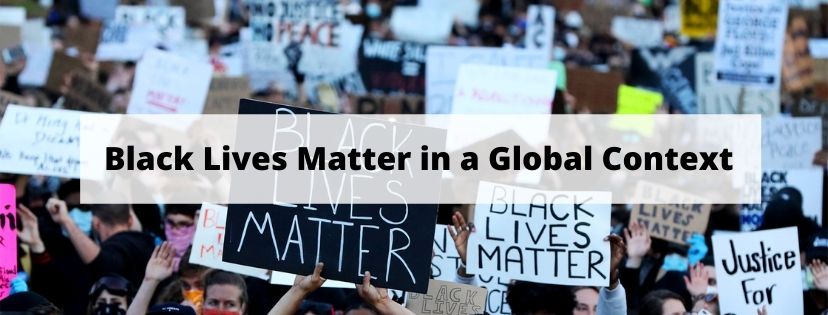
The language and politics of Black Lives Matter have had global echoes which will be explored in this programming module. A fascinating aspect of race is that it is continually constructed across nations, over three continents, and traversing oceans. The power of institutionalized racism is enacted upon people of color globally as systemic international racism. Because race as a construct has been produced globally, there are different ways in which racisms manifest across cultural contexts and local histories that have power in shaping access to rights and liberties, power and opportunities, and income and wealth. The Black Lives Matter movement has had global repercussions.

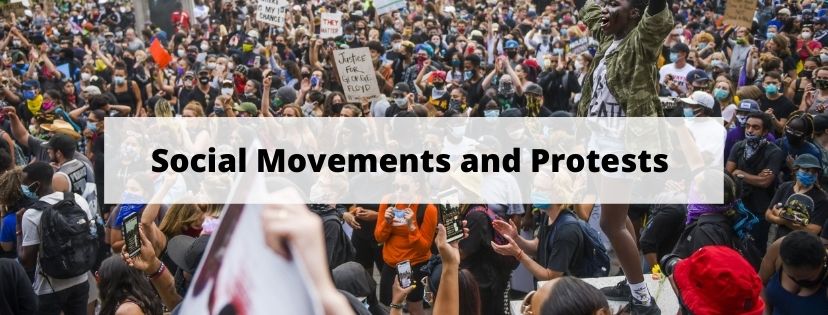
Protest movements have been recognized as significant contributors to processes of political participation and transformations of culture and value systems, as well as to the development of both a national and transnational civil society. Over the last decade around the world, there have been countless protests both large and small. Many of these demonstrations have been led largely by progressives, liberals, and leftists, often supporting the demands of the poor, the young, students, workers, minorities, the indigenous, women, trade unionists, and migrants. Most groups engage the local police, and most are fueled by social media. What effects do these protests ultimately have on our world? We have witnessed some of the largest and most widespread leftwing protests in history, and yet we end the decade with the most rightwing governments in living memory. Global Perspectives will bring culture into the frame of study to understand protest as a form of contested communication with a broad context of different social and cultural institutions and actors.
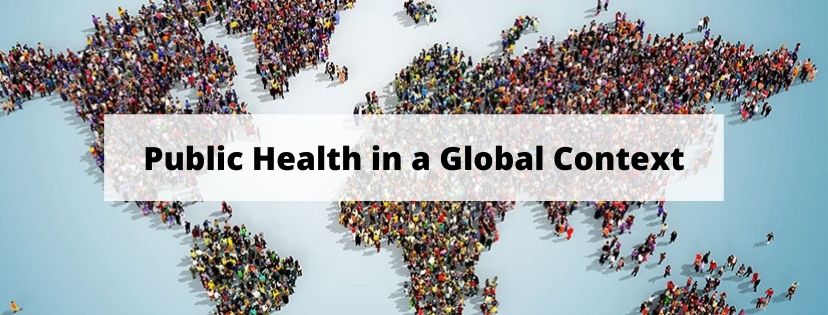
COVID-19 has resulted in the implementation of numerous public health measures to contain the virus, including national lockdowns, large-scale quarantines, and social distancing. Each national and local context has dealt with the difficulties imposed by the virus in different ways. In some cases, national and local government responses have been strong, while in other cases, local individuals and communities are working together to contain the virus. The crisis has required that the world work in solidarity and also to consider its socio-economic repercussions globally. Global Perspectives critically analyzes the pandemic from a multidisciplinary and intercultural perspective.

The impact of human activity on the environment and on climate change is a topic of great concern all over the world and a major risk to development. Kevin Anderson, faculty member at the University of Manchester in Uppsalla, Sweden says, “Academics have done an excellent job in understanding and communicating climate science, but the same cannot be said in relation to reducing emissions. Here we have collectively denied the necessary scale of mitigation, running scared of calling for fundamental changes to both our energy system and the lifestyles of high-energy users.” Global Perspectives aims to explore possibilities of how to create a catalyst for urgent, system-level transformation to address environmental degradation and climate change.
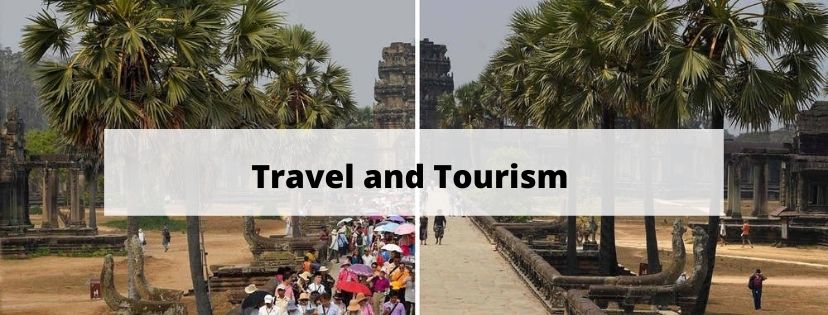
Travel and tourism are a central dimension of globalization, offering a useful lens to study questions of identity, heritage, and commoditization. As tourists visit “othered” destinations, boundaries of identity and nationality are both maintained and threatened by the constant flow of people and images across these boundaries. Tourism has been touted as a route to economic sustainability and both national and local prosperity. However, tourism has both positive and negative impacts on local people, local cultures, and the environment. World heritage sites, tourist destinations, and their communities are grappling with cultural appropriation and issues of conservation and sustainability. The flight shaming movement has risen our awareness of air travel’s contribution to climate change. Global Perspectives explores some of the complex socio-cultural and environmental impacts of travel and tourism across the globe.
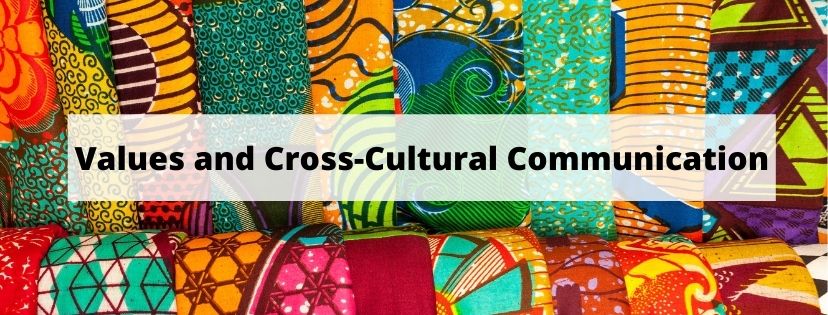
Engaging in discussion and coming up with new paths forward requires awareness and mindfulness in our intercultural interactions. When we understand culture-based values that play a significant role in all intercultural interactions, we have new understandings of and increased flexibility in our communications with others and in our design for change. This module will explore cultural values, cultural barriers, non-verbal and verbal communication in cultural contexts, and conflict resolution techniques. Perspectives from experts and students from across the globe will reveal how our values, attitudes, beliefs, and traditions are shaped by our cultural contexts.

The way we see the world is a subjective practice, built on our awareness of our own cultural identity and values of those around us. What differing worldviews and mythologies underlie possible, probable, and preferred futures? Global Perspectives connects the Tulane community with global innovators, futurists from around the world, who are improving global foresight and charting new career paths with cross-cultural awareness. They will share their experiences, including how they utilize opportunities and manage risks in order to navigate a vision for reimagining our world.
